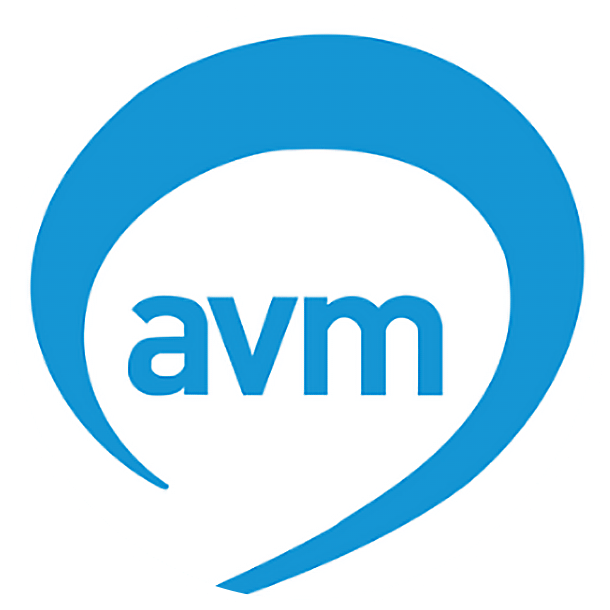by Sarah Merrington
Even though I have worked in volunteer management for some time, and for several organisations, there is always one thing that has both challenged and impressed me. Local groups of volunteers running community activities for local people. It warms my heart and fills me with hope, to see people giving back to others by running activities that their friends, family, colleagues and community can get involved in.
As someone who has always sung in local choirs or played sport I have definitely benefitted from these great local ‘group’ volunteers – the ones who love the activity or the cause so much they organise things so others can feel the same.
I’ve been there, as a treasurer and an events lead for local groups near me. But now as a volunteering professional it is certainly an area which I struggle to get my head round.
Community volunteers in leadership roles for their local group are a key area of volunteering for many charities and organisations. But how people want to volunteer is changing. Modern-day lifestyles can be challenging for people to find time to get more involved. People tend to move in and out of volunteering rather than wanting to volunteer consistently for an extended period.
So it is increasingly difficult to recruit into traditional committee-based volunteering roles, which can be perceived as too time-consuming, dry or old fashioned. It seems as though many people want to be out there “doing the doing” rather than planning the organisation and undertaking governance to make the “doing” possible.
In my experience, the main difficulties appear to be finding people to make the commitment, finding younger people and attracting diverse volunteers who better represent the community. In particular, by being unable to recruit younger members, committees remain heavily reliant on an ageing army of volunteers, hugely committed but with little opportunity for fresh ideas or succession planning.
Of course, I am generalising and there also many young, diverse and committed volunteers out there running activities for their community. But they are not attracted to the roles or organisations that I have been working for. And we need to change ourselves and our structures to encourage them to do so.
I have also found that there are issues relating to group structures where volunteers have been engaged for a long time and doing things in a certain way for often many years. There are challenges with encouraging innovation and change and driving different ways of working such as implementing new processes and systems.
How we do keep them engaged, keep them on message and remain compliant with up to date processes and procedures? How do we do this whilst also ensuring their organisational roles are interesting, simple, rewarding and empowering?
Having battled with this for a while and consistently meeting volunteering colleagues in other organisations who feel the same, it was time to do something about it.
On 2 October, AVM supported by Sport England, will be running a workshop for anyone battling with this topic or with practical ideas and ways of solving some of these issues. This is a new networking session, but it won’t provide you with all the answers. It aims to bring us all together to share ideas, solutions and work out how, as volunteering professionals, we can move forward this common, rewarding but challenging topic.
‘The end of the committee? Volunteering structures in a changing world’ is an intentionally worded title. Not because we definitely think it is the end, but because we want to prompt a debate and find people who do things differently who we can learn from.
I am excited about the speakers who bring with them a wealth of knowledge in volunteer governance, new ideas on ways local groups can run themselves and good practice in consulting, managing and communicating with local group volunteers.
But primarily it is a chance to network and share experiences with others in similar positions and help move forward conversation in this area together, rather than tackling it individually.
About Sarah
Sarah Merrington is Senior Development Manager for CIPD (the professional body for HR), recruiting HR professionals as volunteers to support job seekers and those who want to develop in their careers, and an AVM Volunteer.
Sarah has over 18 years experience in project, event and volunteer management with her main area of expertise is in managing and delivering projects that promote and engage people in positive health and environmental behaviours. The majority of these have been established to increase communities’ physical activity levels and to improve nutritional habits. She has developed programmes across a range of different settings and population groups within local communities, schools and youth groups, workplaces, general practice and higher education. Volunteers have always been at the heart of her programmes, whether student representatives running sports clubs in universities, community volunteers and activists driving forward local change or members of an organisation looking to give back to their sector. Over the last year she supported Cycling UK to write their new 5-year volunteering strategy and ensure that volunteers were central to their organisation. She is now Senior Development Manager leading on mentoring for CIPD (the professional body for HR), recruiting HR professionals as volunteers to support job seekers and those who want to develop in their careers.





